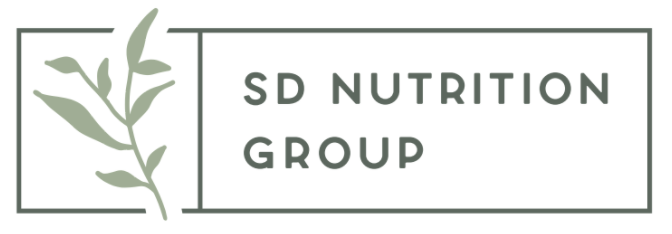A Guide to Vegan Protein
How many times have you heard the vegans do not get enough or the “right” types of protein? Probably a lot! Is this true? Is it impossible to eat enough protein as a vegan? Let’s explore this topic further!
Protein 101
Protein is a macronutrient that is made of amino acid building blocks. There are 20 amino acids and 9 of them are essential, which means that we need to intake them from food or supplements because our body cannot produce them on its own. One amino acid to focus on is Lysine. Lysine is important for a variety of reasons including protein synthesis and is also harder to obtain through plant foods. Aim to consume ~38mg/kg/day of lysine.
Protein plays a role in a variety of full body functions. Most notably, protein is important for muscle repair and synthesis, and for supporting a strong immune system. We will explore ways to consume enough protein a bit later in this post.
Can Foods from Plants Support Protein Needs?
In short, yes! The American Dietetic Association’s 2009 position paper on vegetarian diets states:
Plant protein can meet requirements when a variety of plant foods is consumed and energy needs are met. Research indicates that an assortment of plant foods eaten over the course of a day can provide all essential amino acids and ensure adequate nitrogen retention and use in healthy adults, thus complementary proteins do not need to be consumed at the same meal.
This statement illustrates that protein needs can be met with a vegan diet AND plant-based proteins do not need to be “combined” at meals to meet protein needs as previously understood by most of the population.
How Much Protein Do You Need?
Based on the Recommended Dietary Allowance (RDA), adults often need at least 0.8g/kg of protein per day. Vegan or plant-based protein is not as easily digested by the body, which shifts the daily need to about 0.9g/kg of protein per day. For example, an adult who weighs 170 lbs. and follows a vegan diet would need at least 70g of protein per day. Calculating exact protein needs is not necessary for most individuals. A good way to ensure that you are need protein needs is to aim for 3-4 servings of protein per day. Protein needs may change for a variety of reasons. Factors that may impact the amount of protein you need include exercise, illness, and injury. It is important to work with a qualified health professional to better understand your individual protein needs.
What are Sources of Vegan Protein?
Now that we know that it is possible to meet our protein needs through plant-based eating, let’s explore what plant foods fall into the protein category. Amounts listed below are equal to 1 serving of protein.
1. Legumes- ½ cup, cooked
Beans
Peanuts
Lentils
Soyfoods (tofu, tempeh, edamame, soymilk, etc.)
2. Seitan- 3 oz.
3. Quinoa- 1 cup, cooked
Here are some additional sources of protein that are high in Lysine:
1. Pistachios- ½ cup
6 grams of protein and 367mg of lysine
2. Pumpkin Seeds- ¼ cup
8 grams of protein and 360mg of lysine
Eating a variety of plant-based protein sources is a great way to assure adequate protein intake as a vegan. As previously mentioned, protein needs change depending on a variety of factors. Need more support with understanding your individual protein needs? Reach out to us here!
References:
Vegan Health 2023, Jack Norris, RD, Protein: Basics veganhealth.org website, accessed 1 November 2023, <https://veganhealth.org/protein/protein-part-1/>
